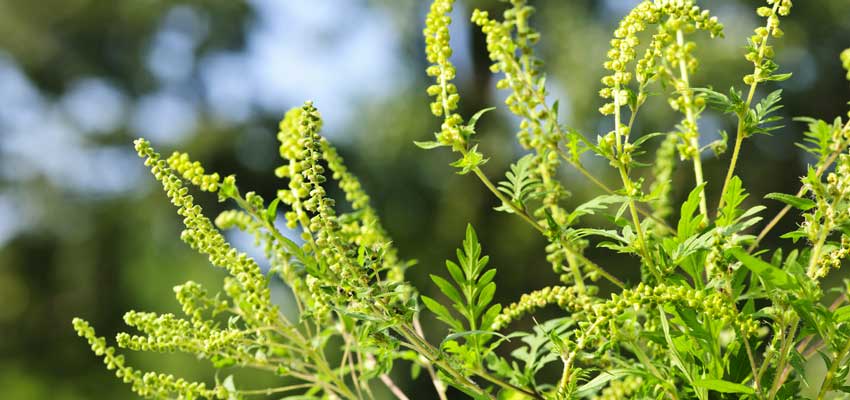In the first months of 2019, the Early Warning System of GMP+ International recorded various cases of contaminated feed lots with ragweed. The contaminated feed lots, most of which came from France, were barley, soybeans, sorghum and sunflower seeds (2018 harvest). It is expected that further contaminated batches will be discovered.
EU Directive 2002/32/EC on undesirable substances in animal feed sets maximum permitted levels for botanical contamination, including for ragweed spp. seeds:
- Feed materials: 50 mg/kg
Except: Millet (grains of Panicum miliaceum L.) and sorghum (grains of Sorghum bicolor (L) Moench s.l.) not intended for direct feeding to animals: 200 mg/kg - compound feedingstuffs containing unground grains and seeds: 50 mg/kg
GMP+ International has included these maximum levels in the list of 'Specific Feed Safety Limits' and recommends that companies purchasing feedingstuffs (in particular barley, soya beans, sorghum millet and sunflower seeds) from France should be vigilant and have analyses carried out.
With our feed laboratory AGROLAB LUFA GmbH we will gladly arrange the necessary analyses for you to check the quality of your purchased goods.
Additional information:
The pollen of the plant imported from North America is highly allergenic and poses a high risk to human health. In addition, the occurrence of ragweed as a weed in agriculture must not be played down. Contaminated wild bird feed, for example, which has not been treated, contributes significantly to the spread of ragweed in previously uninfested areas.
A single plant can produce up to one billion pollen per season. These pollen can remain in the air for days on end, which enables rapid distribution. The ability of pollen (or seeds) to survive for up to 40 years further increases the risk of spread.
Author: Dr. Martin Hanauer

 Contact
Contact
 Contact
Contact Career
Career